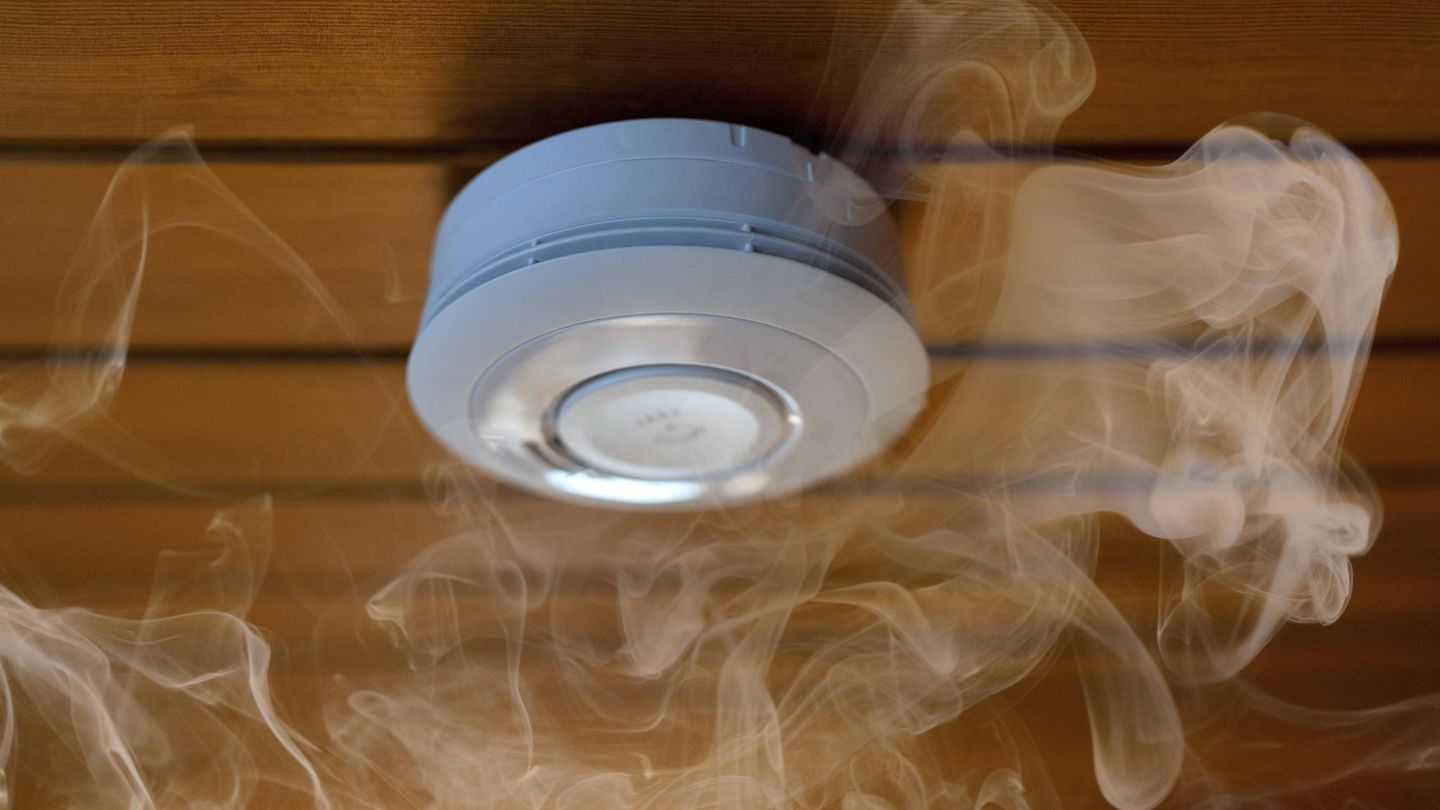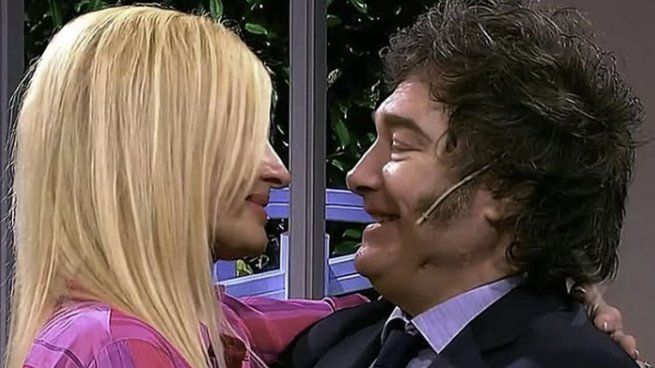New scandal surrounding Vonovia
New smoke detectors spy on tenants – and they should pay for it
Copy the current link
The housing group Vonovia wants to install new smoke detectors. They don’t just offer advantages. But tenants have no other choice: those who refuse will be sued.
Vonovia is being criticized again. The real estate group wants to have so-called “smart smoke detectors” installed in its apartments. The crux of the matter: The new devices can not only detect smoke developments and sound an alarm, they also measure whether the apartments are ventilated and heated enough. Tenants feel controlled and monitored. To make matters worse, they also have to accept a rent increase because of the smoke detectors.
Tenants should pay for new smoke detectors
Vonovia’s plans almost sound like a bad joke: in the coming months, the smoke detectors in many apartments will have to be replaced after ten years, so far so normal. The idea of installing the latest technology with smart smoke detectors also sounds understandable at first. But the company wants to pass on the costs of 135 euros for the new “Multisensor Plus” detector to the tenants. The basic rent is to be increased by five euros.
“It’s five euros a month, which is within limits, for my standards. But there are tenants in the house who count every euro, and for them every euro of basic rent is too much,” explains one affected tenant to the SWR. Vonovia justifies the planned rent increase by saying that the new smoke detectors are a “technical improvement in safety technology” and cites a ruling by the Federal Court of Justice from last year. The utility value of the apartment is increased by the smoke detectors, so the costs are considered apportionable.
Matthias Bauer from the Baden-Württemberg consumer advice center sees it differently: “It’s not that easy,” Bauer told SWR. He doesn’t understand how Vonovia comes to the conclusion that the case justifies a rent increase. The replacement of smoke alarms, unlike the initial installation, does not fundamentally represent a modernization.
Vonovia’s smoke detector: data could end up in China and the USA
But even apart from the discussion about who should bear the costs for the smart smoke detectors, there is great resistance to the devices. And that’s probably not wrong. Vonovia emphasizes that tenants do not need to worry about their data security. And that’s exactly what creates distrust. The company promotes controlling the smoke detectors via an in-house app. Data such as humidity or carbon monoxide levels can be monitored in real time. Vonovia calls this “indoor climate monitoring”.
For landlords, this seems like a wet dream: endless discussions about mold in the apartment because the heating is “poor” could be avoided. The tenants would be spied on at this point, even if the data is supposedly only stored locally for 48 hours. However, according to Bauer, it is questionable whether this data can be collected at all, as the installation “significantly interferes with the personal rights of every tenant,” the consumer advocate told SWR.
Grilling, partying, sunbathing – what is allowed on the balcony?
party
Aside from Corona contact restrictions, you can also celebrate on the balcony with the Noise pollution don’t exaggerate. “Basically, the rule of consideration applies,” says Markus Mingers, a lawyer from Cologne. The nighttime silence from 10 p.m. to 6 a.m. must be observed in any case. “If the neighbor has small children who want to sleep, it may have to be quiet earlier.” There is also no right to a balcony party once a month or once a year. “Anyone who repeatedly notices noise pollution is even threatened with dismissal,” says Mingers.
© skynesher / Getty Images
Like , the data could be spread much further. The British company behind the Vonovia app is currently being sold to a company from China. The app’s data itself would also be stored in a US cloud. That doesn’t mean that secret services can automatically access German tenants’ data, but it is possible.
The dispute over the new smoke detectors could have long-term consequences for Vonovia tenants. The company said it would “kindly and repeatedly remind our tenants of their legal obligation to tolerate and cooperate.” In plain language: Anyone who refuses to have the new smoke detectors installed in their apartment could face a lawsuit from Vonovia.
Addition: On the evening of November 5, 2024, Vonovia informed us that the smoke detectors would be delivered with deactivated radio settings in the future. According to the housing group, tenants must now expressly agree to activate the radio functions before the devices are installed.
Source: Stern




